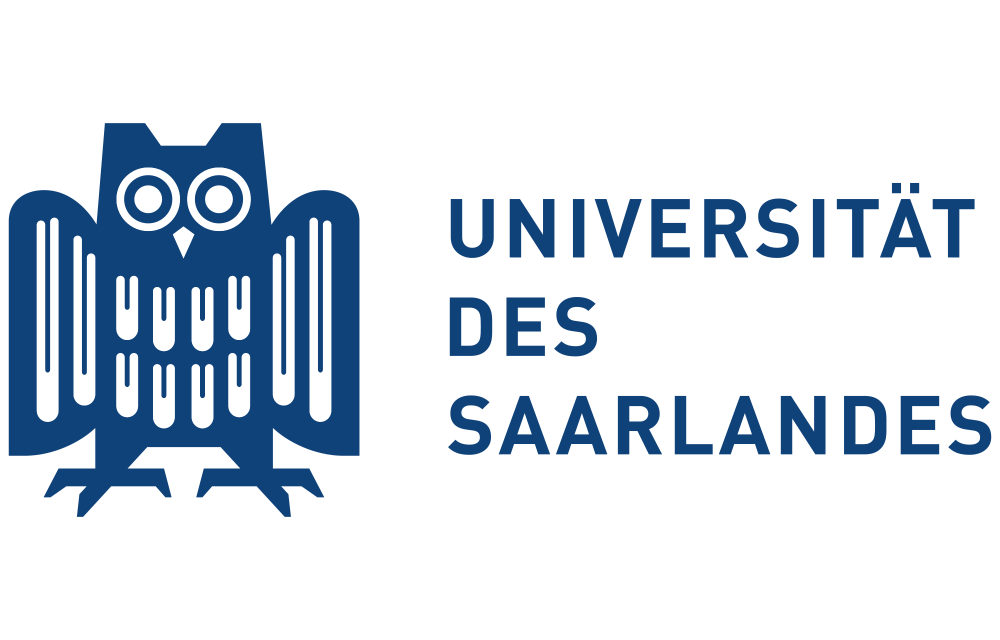Excellence Strategy: Saarland University’s draft proposal on new approach to drug development clears first hurdle

At the beginning of February, the German Research Foundation (DFG) and the German Science and Humanities Council (WR) announced the names of those draft research proposals that have been selected to submit a full proposal under the Clusters of Excellence funding line. Saarland University’s outline proposal ‘nextAID³ – Next Generation of Al-Empowered Drug Discovery and Development’ was one of the submissions that successfully made it through the first round of the competitive funding programme.
‘We are delighted that the draft proposal from the university’s core research area NanoBioMed was successful. We now have until August to prepare a compelling full proposal,’ said University President Manfred Schmitt. ‘Unfortunately, the draft proposal “Anthropic Informatics” from our core research area Computer Science was not invited to submit a full proposal. Competition for funding in the Excellence Strategy is extremely strong and even very good submissions don’t always succeed; a difference of a few points in the overall score can decide whether or not a proposal is chosen to go on to the next phase. I would like to thank all of the research scientists who were involved in preparing the two draft proposals for their hard work and commitment.’
The nextAID³ cluster, which will be embedded in the university’s NanoBioMed core research area, plans to explore new and innovative approaches to AI-driven drug research and development. The interdisciplinary research team is led by Professors Anna Hirsch, Martina Sester and Andrea Volkamer.
The team behind nextAID³ now has until August to prepare the full proposal and will receive all the support it needs from the university.
Background: Excellence Strategy
An international panel of experts reviewed a total of 143 draft proposals, of which 41 were invited to submit a full Cluster of Excellence proposal. The universities selected must now develop and prepare their detailed proposals and submit them by August 2024. These proposals will be reviewed in parallel with the renewal proposals submitted by the 57 existing Clusters of Excellence seeking to extend their funding. The formal announcement stating which proposals have been chosen as a Cluster of Excellence will be made on 22 May 2025, with funding scheduled to start on 1 January 2026. The German Science and Humanities Council has published a visual timeline of the Clusters Of Excellence funding line.
From 2026, the German federal and state governments will be providing a total of around €539m annually in the Clusters of Excellence funding line. This funding will support up to 70 Clusters of Excellence for a period of seven years, with each cluster receiving an annual budget of between €3 million and €10 million.
Further information: Excellence Strategy of the German federal and state governments:
https://www.exzellenzstrategie.de/en/
Joint press release of the German Research Foundation and the German Science and Humanities Council:
https://www.dfg.de/en/service/press/press-releases/2024/press-release-no-04
Website of the proposed nextAID³ Cluster of Excellence:
https://www.uni-saarland.de/en/researchers/nextaid3.html

